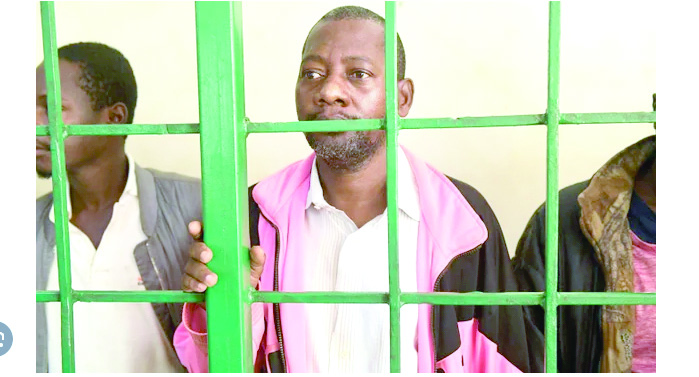How groups abuse religious freedom to exploit their members

Some religious groups are involved in human rights abuses, murder and unusual killings, incitement of members to kill the elderly and seizures or persuasion of members to surrender their properties.
A recent study has revealed a range of wild and extreme beliefs, and out-of-context interpretations of religious texts that have led to other issues like rejection of conventional medicine, scepticism towards formal education, opposition to government programmes, and the dissemination of radical teachings.
“These activities require targeted interventions. Strengthening law enforcement efforts to investigate and prosecute criminal activities while respecting religious freedoms and promoting dialogue is crucial,” the report states
There are practices such as dietary restrictions, ritualistic animal slaughter, stringent access controls to their religious spaces and a general aversion to the conventional medical treatment.
“Some groups also maintain a high level of secrecy surrounding their activities, limiting members’ access and participation in elections or other government-led public campaigns,” the report states.
Disadvantaged
More alarmingly, the report has linked cases of murders of the elderly among some sect members on accusations of witchcraft, all hell-bent on land succession and inheritance schemes.
Membership and recruitment strategies of these religious groups include door-to-door missions, familial and peer-to-peer influences, addressing community problems, fulfilling spiritual quests, and targeting of vulnerable groups.
The study also highlighted a lack of theological training among leaders, leading to potential misguidance of followers. The manipulation of congregants through fear, especially in relation to end-time teachings were evident.
“Financial malpractices, such as exploitative giving practices and the coercion of members to sell their assets, highlight the intersection between religious beliefs and economic crime,” it states.
The NCRC has recommended the need for enhancement and strengthening of the local actors such as chiefs, village elders and community policing agents.
“Religious councils (SUPKEM, NCCK and other umbrella bodies) should also work closely with the government to provide support and resources for the individuals seeking to exit these groups,” it adds.








